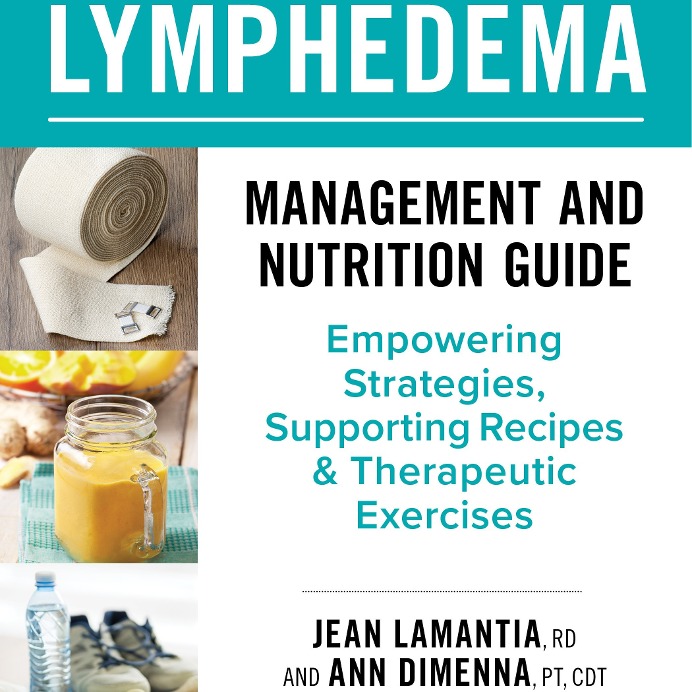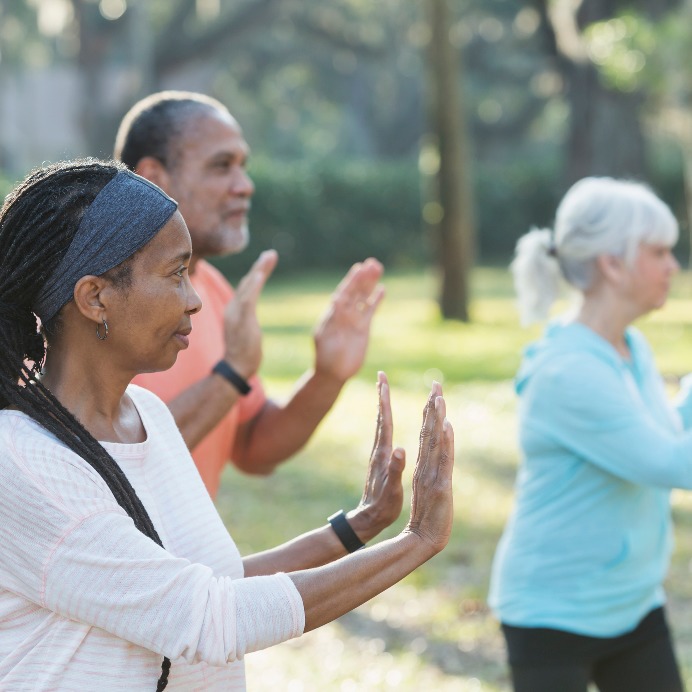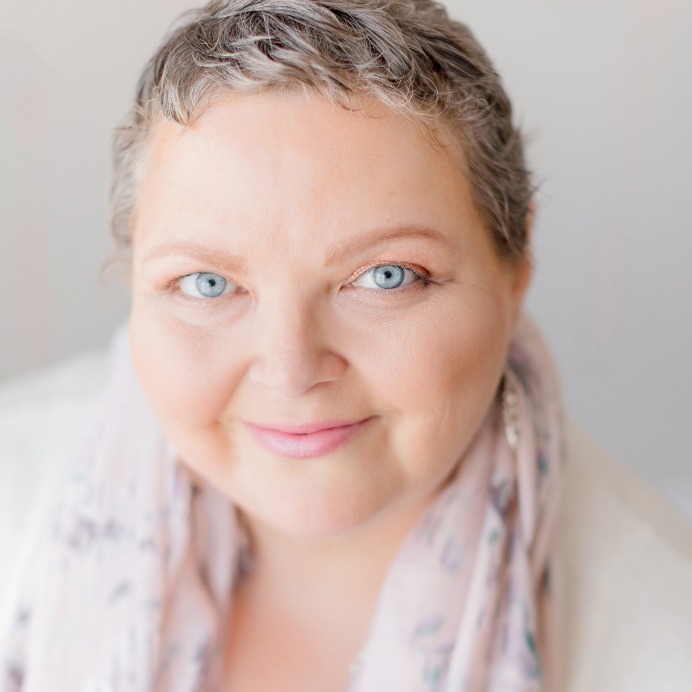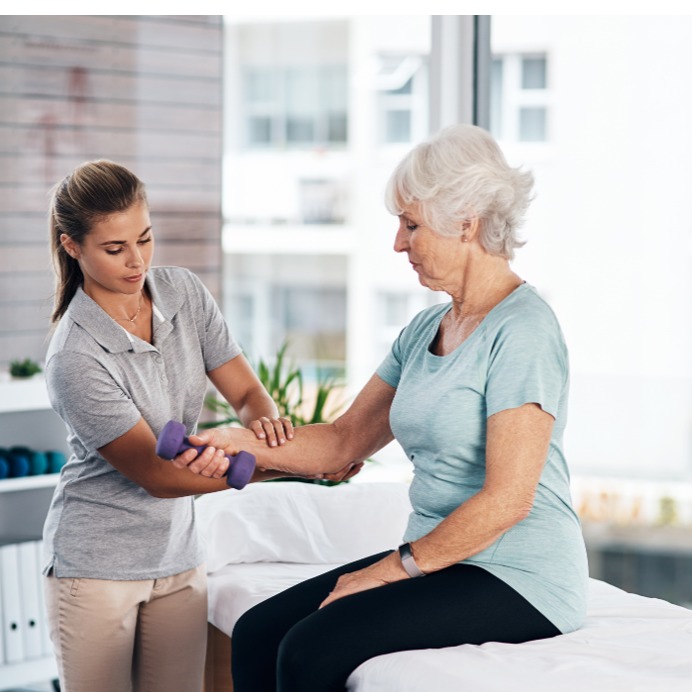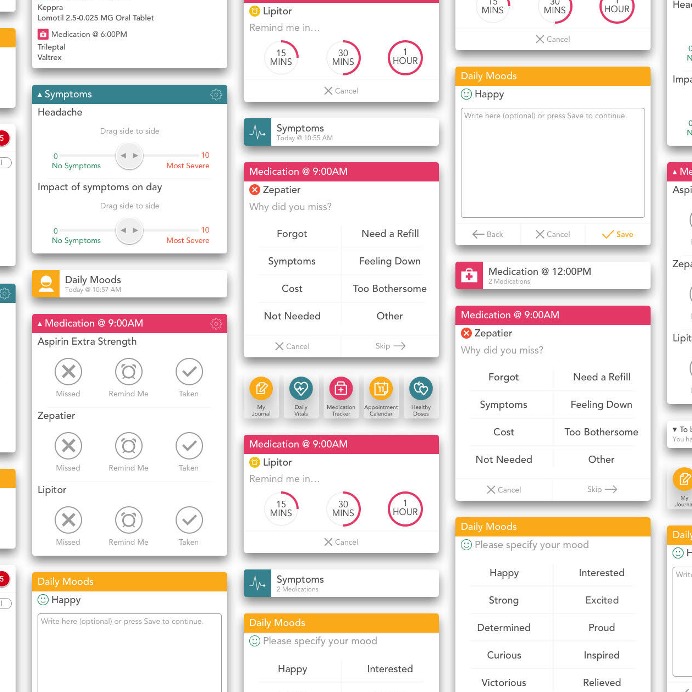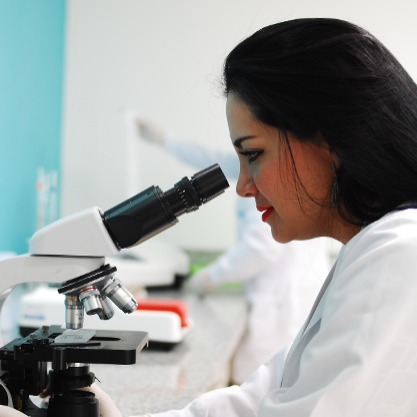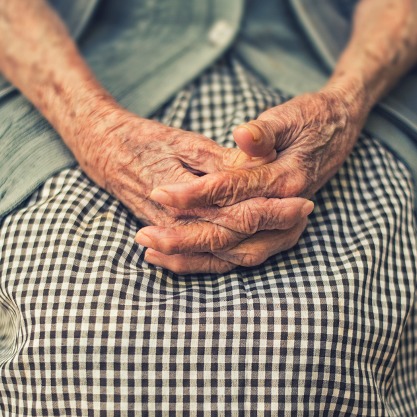By continuing to use our site, you consent to the processing of cookies, user data (location information, type and version of the OS, the type and version of the browser, the type of device and the resolution of its screen, the source of where the user came from, from which site or for what advertisement, language OS and Browser, which pages are opened and to which buttons the user presses, ip-address) for the purpose of site functioning, retargeting and statistical surveys and reviews. If you do not want your data to be processed, please leave the site.
The Voice of People With Breast Cancer
Education
Our Voices Blog
Tag : treatment
Using acupuncture for treating cancer treatment side effects
Like tai chi and qigong, acupuncture is another form of traditional Chinese medicine that has become a popular therapy used in the cancer community for help with side effects.
Our top blogs from 2019!
It’s now 2020! How strange does that sound? 2019 was a busy and impactful year at CBCN. So, we thought we’d look back and see what blogs you, our readers, found to be the most valuable. Here’s the top 10 list of most read blogs on CBCN’s Our Voices.
My honest thoughts about book The Complete Lymphedema Management and Nutrition Guide
I remember the shock I experienced when I learned about lymphedema, a chronic condition with no cure that I would be dealing with the rest of my life. I was at a high risk for it as I had stage III Inflammatory Breast Cancer and I had all lymph nodes removed from my left arm pit. Twenty-five rounds of radiation to my chest and upper back also put me at a greater risk.
Biosimilars for Cancer: Recent updates to patient treatments
Over the last few years CBCN has been working to educate patients, physicians and the broader cancer advocacy community about biosimilar therapies. From our curated digital magazine on biosimilars to our recently released white paper Breast Cancer & Biosimilars: Recommendations on Use, Implementation and Patient Communications-CBCN is committed to raising awareness about the use of biosimilar therapies for treating breast cancer.
Tai Chi vs Qigong: What’s the difference?
Tai chi and qigong have long been popular in the cancer community to help with the effects of the disease. This week we look at these two forms of Chinese therapy, their similarities, differences and benefits.
Research Highlights from the European Society for Medical Oncology 2019 Conference
CBCN had the opportunity to join researchers, clinicians, manufacturers and other patients at this annual European conference to learn the latest insights and findings in cancer research. Here’s the research that we found most interesting as breast cancer patients:
The High Cost of Cancer
Living in a remote community like Labrador City, NL comes with its own challenges. We have one grocery store with very high prices, gas is $1.34/L, and we lack normal everyday amenities such as movie theatres and night clubs. Traveling out of Labrador means a very expensive plane ticket or driving 7-14 hours (depending on which direction you choose) on a partially paved highway that has often been called a cow path in some sections. The most critical challenge, however, is access to adequate healthcare. I experienced this firsthand when I was diagnosed with cancer.
Why should where you live determine your quality of care? Our new campaign highlights the differences in access to treatments for mBC across Canada
Did you know that accessing treatments for stage IV metastatic breast cancer (mBC) is not universal across Canada? We live in a country that promotes universal health care to all but accessing cancer treatment varies by each province.
A Palpable Mass
So, we could begin like all meeting group sessions do:
— Hi, hello. My name is Rebecca, I'm 37 and I have breast cancer.
— Hello Rebecca.
We could. Yeah.
Physical therapy vs Occupational therapy: What’s the difference?
Rehabilitation is an important aspect when recovering from or living well with breast cancer. Physical therapy (PT) and occupational therapy (OT) are terms we often hear when discussing rehabilitation, but we can sometimes confuse their true meanings.
An app that helps you during your treatment and beyond
Self-care during treatment is so important for maintaining not only a good quality of life but your sanity as well. From doctors appointments, to managing the emotional aspects of a breast cancer diagnosis, there’s a lot to juggle. We’re excited to announce our new partnership with Self Care Catalysts and our Health Storylines mobile app.
Seven progressive steps to appeal a denied insurance claim
You have the stress of a breast cancer diagnosis, and now your insurance company has denied your claim. Hang in there: you don’t have to accept the insurance company’s initial decision as the final word. You can appeal your denied claim by following these seven steps.
Here’s what you need to know about the federal government’s Implementation of National Pharmacare report
On June 12th, the Advisory Council on the Implementation of National Pharmacare released their final report looking at the implementation of a national program to address the inequities that Canadians currently face when it comes to drug access. It outlines 60 recommendations, steps to implementation and key details on things like co-pay, budget costs, strategy for rare diseases, and impacts on patients and providers. Below, we’ve summarized these key details for you to better understand how this new plan for pharmacare would impact you and your family.
Guided meditation at home
A few weeks ago, we discussed mind-body therapies to help relieve some of the emotional and physical side effects of cancer and treatment. This week we are sharing some guided meditations you can do in the comfort of your home.
Research Updates from ASCO 2019
There’s always interesting research updates released at the American Society of Clinical Oncology Conference – here’s what you need to know.
Post-surgery tips from women who’ve been there
Simply put, surgery is awful. Your body is recovering from some major trauma. And if you were feeling rather healthy before surgery, afterwards can feel a bit like a train wreck. We asked women for their tips on making recovery a little more bearable.
5 interesting breast cancer research highlights
We’re sharing some interesting research results that we seen in the news recently.
New clinical trials finder helps you find a trial
Are you looking for a clinical trial but not sure how to start or where to go? A new Clinical Trials Finder has been developed by Clinical Trials Ontario (CTO) to help you. You can search for a clinical trial in any province or territory in Canada, using only a few simple search terms.
The Importance of Vitamins in Our Daily Diets
Vitamins are tiny organic compounds with a massive impact on your general health and well-being. Vitamins can be obtained from your daily diet, or they can be sourced from the sun (only vitamin D). More so, they have a say in almost each and every aspect of the digestive system. The best part is that as essential as they are, your body only requires them in small amounts.
Caregiving while you’re a patient
Women living with breast cancer are not just cancer patients; they’re moms, spouses, sisters, friends, and daughters. The many roles and responsibilities a woman assumes to support those around her don’t disappear when she is diagnosed with cancer. One of these responsibilities may be caring for aging parents or family members. This burden may seem heavy at times but there are places you can turn to for support. Check out the following resources.



